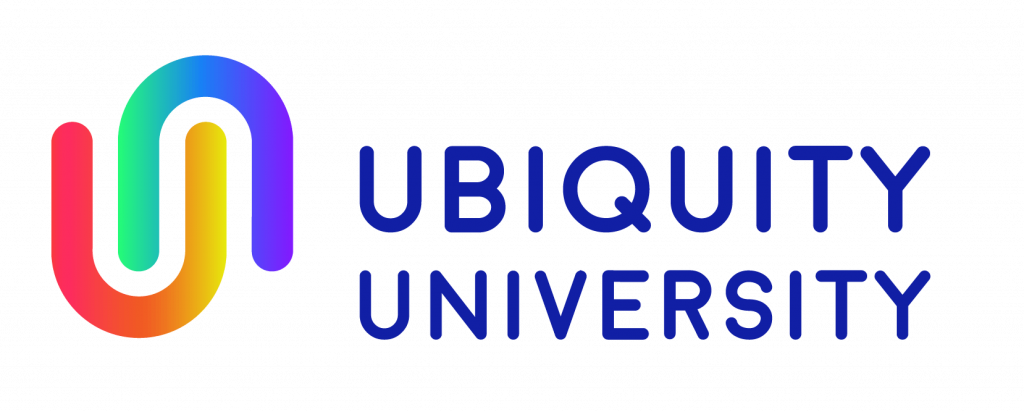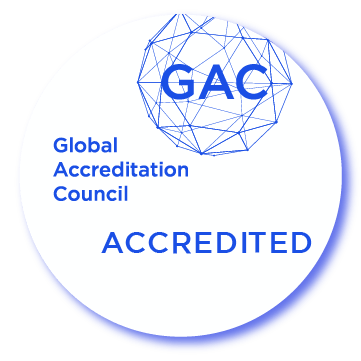
Course Description:
In this course, we will explore the multidimensionality of psychobiology and psychopathology, altered states, and neuroscience from a clinical, transpersonal, transcultural and indigenous, and psychedelic science perspective with a critical ecological evolutionary focus and emphasis on practical applications in such fields as psychotraumatology and psychosomatic medicine.
This broad view offers a re-visioning and expansion of the traditional stance, and is rooted in an inclusive approach to the development of the human person. The course takes a holistic approach to somatic, emotional, intellectual, creative, relational, pre- and perinatal stages, birth and dying, lifespan development, transgenerational, and transcultural states of consciousness, taking a Divine Feminine, deep ecology perspective.
Practical tools will be shared, with an emphasis on a multidimensional approach to psychotraumatology and psychosomatic medicine – which include systemic, collective, transgenerational and ecological dimensions – and take into account different settings where they may be applied. This approach draws on clinical and neuroscientific, somatic, transpersonal, and transcultural fields, as well as indigenous psychology and psychedelic science. Consideration will also be given to how this type of multidimensional approach can be integrated into the student’s personal and professional life in the form of concrete actions to support the evolution of consciousness, social change, and community building ⎯from egoism to earthism ⎯ as a form of peaceful transpersonal activism.
SPECIAL NOTE: There are videos included in this course and it is constructed in a way that an independent learner can navigate it and understand the teachings within. However, if you are in need of faculty-led sessions, we will record those and insert them the next time this course is scheduled to run in Live Virtual Classroom.
Learning Outcomes:
At the theoretical level students will learn:
- The foundation of an integral transpersonal perspective and lifespan human development as a complementary concept to neuroscience
- The role of integrated inclusive approaches including multidimensional levels such as social, communal, economic, political, individual, collective, spiritual, and ecological, and including levels such as somatic, emotional, intellectual, creative, expressive, family, relationship, pre- and perinatal stages, lifespan-development, transgenerational, transcultural, and altered states of consciousness based on an integrative multidimensional consciousness perspective
- Basic structures of behavioral neuroscience/psychobiology and lifespan development
- Applied psychobiology fields including mental health, stress and anxiety, trauma and resilience, memory, neuroplasticity, and embodiment approaches
- Basic structures of cognitive neuroscience, neuroplasticity, neuropharmacology, mental functions and default mode network, and the multiple dimensions of sexuality
- Applied cognitive neuroscience, altered states of consciousness, mind-altering drugs, psychedelic science
- Critical neuroscience, global mental health and deep ecology approaches – drawing on a transpersonal perspective: from egoism to earthism.
At the practical level and research/creative level – students will learn:
- The values and possibilities for usage the integrated inclusive approaches in practice
- Methods for integral transpersonal embodied research
- Self-experience for self-exploration and self-development and to enable creativity
- Choosing a practice as life practice and exploration during the course and/or beyond
- Intertwining theory, research, and practice in creative and novel ways expressed in the forum contributions and the research/creative project
- Applications of specialist fields of neuroscience
- Self-development
- Creative/research project and creative writing
- At the integral transpersonal level, students will gain understanding of the field of neuroscience based on an expanded inclusive approach that might enable and enable a development towards awakened consciousness, interconnectedness with all, and wholeness
- Addressing and integrating the global pandemic crisis in the course of study and taking action – transpersonal activism
Faculty:
Dr. Regina U. Hess, is a clinical psychologist (University of Heidelberg, Germany) with a joint Ph.D. in Transpersonal Psychology (Institute of Transpersonal Psychology/Sofia University, U.S.) & and in embodied phenomenology (‘Centre for Qualitative Research, Bournemouth University, UK). She is a body-centered Gestalt psychotherapist, creative therapist, and transpersonal psychotherapist and supervisor. She works on the integration of ancient healing traditions with modern sciences. Regina has a broad experience in humanitarian fieldwork and research on issues of global health in India and Nepal. She has lived and worked extensively on different continents and understands herself as a global citizen. Regina survived the 2004 Asian Tsunami, which led to her doctoral dissertation and later specialization in transpersonal trauma work after global disasters. She maintains a private practice in Amsterdam Netherlands, with a focus on healing individual and collective/transgenerational transcultural trauma drawing on different shamanic traditions especially the therapeutic use of altered states of consciousness. She is faculty at the Alef Trust, UK and the Ubiquity University-Integral Transpersonal Institute, Netherlands/Italy in the PhD program and at international transpersonal educational institutes, as well as being an independent researcher. She has specialized in embodied phenomenological approaches and transcultural field research. She intertwines arts-based methods and film for the dissemination of knowledge to a wider public. She is the head of peer-reviewing at the Integral Transpersonal Journal and is on the editorial board at the Forum Qualitative Social Research. Regina is Secretary of the Board of Directors of the European Transpersonal Association and the International Transpersonal Association. She is co-founder of the international Transpersonal Research Network and of the EUROTAS Division of Transpersonal Research and co-organizes the bi-annual Transpersonal Research Colloquium. She is a member of the Swiss Medical Association for Psycholytic Therapy, and is in the Integration Team of the MIND European Foundation for Psychedelic Science co-developing and co-facilitating integration courses, manual development and research.
Course Modalities:
Non-Credit Options
Lite Level – This course is delivered on-demand with no faculty interaction and is perfect for lifelong learners who want to go at their own pace and who are not interested in academic credit but still want to experience the course.
Audit-No Credit – If you would like to participate when this course is offered in our Live Virtual Classroom mode, you may attend the live faculty webinars but will not be required to submit assignments for credit.
If you take a few courses and decide you want to officially enroll in a degree program, you can gain academic credit for Lite versions or Audit-No Credit versions by paying the difference between these course fees and a normal academic fee, successfully completing quizzes, submitting your reflection journals, and delivering a Final Creative Assignment that will be graded.
For-Credit Options
Live Virtual Classroom: Study that takes place within Ubiquity University, in which Ubiquity academic coursework is accomplished through attendance in Live Webinars, with faculty and student interaction being a part of the Live Webinar content. To receive academic credit, you must not miss more than 3 live sessions, you must complete the quizzes and submit any other required assignments (if any), and a final creative assignment for grading at the degree level you are enrolled in.
Internal Online Independent Study: Study that takes place within Ubiquity University, in which Ubiquity academic online coursework is engaged in independently on one’s own and does not include faculty interaction. To receive academic credit, you must complete the quizzes and submit your reflection journals and final creative assignment for grading at the degree level you are enrolled in.
The rules guiding our assignment collection and grading process can be found here: Ubiquity University Grading Policy
Information about how we process refund or cancellation requests can be found here: Refund and Cancellation Policy.
Our shopping cart is simple and easy to understand. If you do not have a user account, you will be able to create one upon purchase. Save your username and password as you will need it to login to access course materials later. For more detailed, step-by-step instructions you can review our tutorial How to Purchase a Course. Again, if you experience any issues, please email Veronica Saldias at registrar@ubiquityuniversity.org.
We allow students at all academic levels to participate in our online courses. However, those students who are enrolled in MA or PhD programs are expected to offer a more sophisticated analysis on reflection tasks, writing assignments, and in the final creative assignment. You will be graded commensurate with your degree level. Except for the Final Creative Assignment, word counts are offered as guidelines. If you need to exceed the word counts to submit an MA or PhD level response, you may feel free to do so as long as the word count expansion is reasonable and necessary.
Course Contact Information:
Live Virtual Classroom macrocourses are delivered by faculty in live Zoom sessions. You will have a course facilitator who is available to answer questions and offer additional assistance and that information will be provided to you upon registration. Please do not email faculty directly with any technology or registration issues.
For on-demand lite or Internal Online Independent Study versions, click the “Chat” button down on the left-hand side of the screen for any technical issues or questions you may have about the content.


